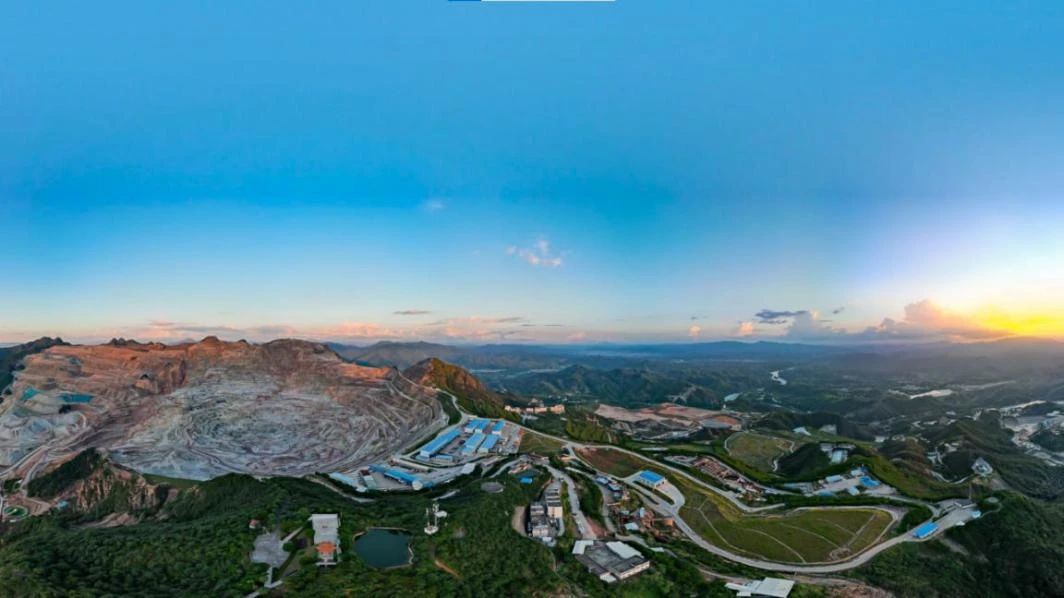
Jan 24, 2022
It follows news that Indonesia will ban nickel and coal exports. But last week, President Joko Widodo reaffirmed only plans to ban exports of copper concentrate and bauxite, which will take effect in 2022.

Indonesia hopes the export ban will boost its processing capacity.
一个宽松的禁令not out of the question. In 2021, exemptions will be granted for ore processing projects that are under construction and on schedule, while projects that are behind schedule will also be approved.
Morgan Stanley said: "We note that Indonesia has banned exports of copper concentrate and bauxite since 2014. But the impact on copper production is limited."
However, if Indonesia does not adopt an exemption, Morgan Stanley said the planned ban "will be positive for copper prices as companies that import copper from Indonesia may need to source refined ore from other sources, leaving the copper market short unless trade flows improve and new smelting capacity is added."
Indonesia is expected to account for 4 per cent of global copper mining in 2023, up from 2.4 per cent in 2020, thanks to higher production from grasberg in the country. Morgan Stanley notes that smelting capacity is rising in capacity, with the Grasberg smelter on track for completion by the end of 2023 and the Wedco project scheduled to start in 2024.
"Smelting capacity will lag mine production capacity until 2025, with a surplus of up to 670,000 tonnes of copper concentrate expected in 2023," Morgan Stanley said.
With further smelting capacity growth, Indonesian copper concentrate production will be absorbed domestically after 2025.
As for bauxite, Morgan Stanley says the planned ban is likely to have a limited impact on the global aluminum market, mainly because of the abundance of raw material and growing production in other countries, notably Guinea.
The number of aluminium smelters in Indonesia is growing and will absorb most of the country's output.